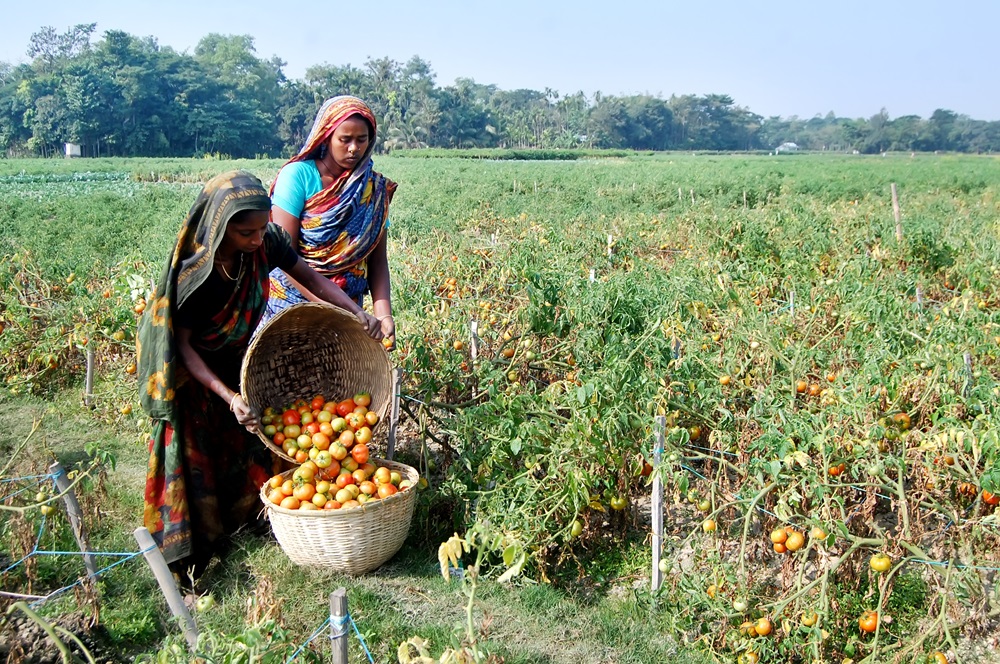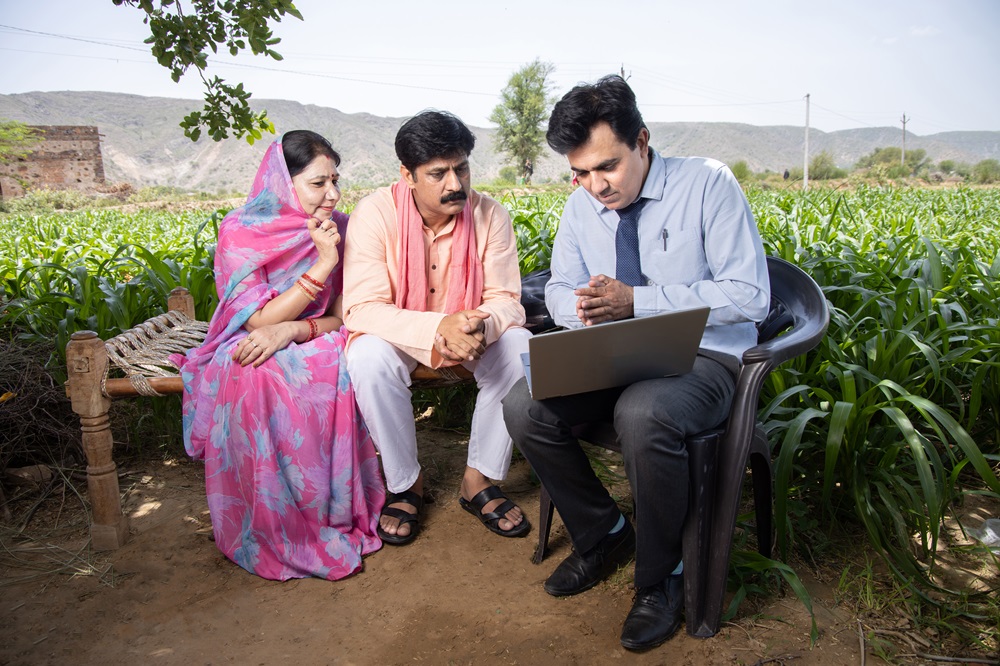Can Production Clusters Bear Fruit?

Cluster farming is an agricultural practice which aims to organize and group farmers in a specific geographic area to achieve economies of scale. It is one of the strategies adopted to increase smallholder farmer incomes by integrating them with the value chain. The Budget FY 2024-25 has announced the development of large-scale clusters for vegetable production closer to consumption centres. This involves creating clusters of farmers growing vegetables near major cities and consumption centres. Farmer Producer Organizations (FPOs), agriculture start-ups, and cooperatives will be promoted for vegetable supply chain that involves collection of produce, storage of produce, and its marketing.
The proposed move is laudable and can bring several benefits. The creation of vegetable production clusters involving many farmers can help aggregate large volumes of vegetable produce in few locations FPOs and cooperatives can act as collection centres which enable buyers to deal with a small number of entities compared to many small farmers. This market linkage not only helps develop price efficiencies but also helps contribute to enhanced incomes for small farmers.
Another major benefit is the potential reduction in post-harvest losses of vegetables. According to a study conducted by NABARD Consultancy Services in 2022, the post-harvest losses of vegetables in India range from nearly 5-12%. Developing vegetable clusters that are closer to key consumption centres can contribute to reduction is post-harvest losses by reducing the time taken for the vegetables to reach the market which can benefit not only the farmers who have a greater quantity of vegetables to sell but also the consumers.
Also, the development of storage infrastructure like cold storage and warehouses by FPOs, start-ups, and other stakeholders under the initiative can further reduce post-harvest losses. Due to the creation of storage facilities, farmers can sell their produce when market rates are remunerative. Thus, the overall reduction in post-harvest losses can help reduce prices and contribute to taming high food inflation.
An additional benefit of vegetable production cluster development can be the reduction in input costs. Since farmers in the cluster are geared towards growing vegetables, inputs related to growing vegetables can be accordingly sourced at scale, which can lead to reduced prices. FPOs and collectives can help facilitate access to quality inputs at reduced prices, which can help improve farm incomes.
While there are several potential benefits from the initiative, several enabling factors are needed to ensure that the full extent of benefits is to be accrued. At the farmer level, there needs to be knowledge and awareness regarding the benefits of vegetable clusters to enable their participation. Without the active participation and involvement of farmers, production clusters cannot be successful. Apart from knowledge regarding clusters, it is also important to develop farmer resilience to climate change. While the Budget FY 2024-25 renews focus on developing climate-resilient varieties to boost production, it is important to develop capacities on climate-resilient agricultural practices that can be adopted throughout the value chain and is thus a sustainable pathway. Farmers also require access to quality inputs at reasonable rates and market linkages to ensure that they get remunerative prices for their produce. The absence of either can reduce their incomes and wean away interest from developing vegetable clusters. Thus, the role of actors like FPOs and start-ups in creating these linkages becomes essential to ensure farmer participation.
Furthermore, for successful production clusters, it is also important to socially mobilize farmers to create collectives. This requires intensive capacity-building of farmers. This is essential to develop collective bargaining power. Active measures are needed to successfully collectivize farmers initially into smaller production groups. Several production groups can then give rise to a larger production cluster. Leveraging Self Help Groups (SHGs), which have experience in collective decision-making, can provide a potential pathway for the creation of successful production groups. SHG members mostly belong to agricultural backgrounds, and thus, it can be easier for them to create production groups compared to non-SHG farmers who have limited experience in working in groups and collective decision-making. Such synergies between livelihoods and agriculture should be encouraged.
FPOs and collectives have a key role to play post-harvest. Many FPOs do not function as expected, and several others are only involved in aggregating produce. To realize their full potential, it is thus important for FPOs to develop their capacities. Capacity building can enable FPOs to move beyond aggregation and move up the value chain through activities like processing, adding greater value to its members. Furthermore, access to credit and technical support can help them develop storage infrastructure like warehousing and cold storage adding further value to its members and farmers of the cluster. Other services like providing quality farm inputs can make FPOs an attractive proposition for farmers of the cluster, which in turn can help increase the volumes of produce that the FPO services, thereby making it financially viable.
Start-ups are needed to not only develop market linkages but also provide a range of other agri-services such as crop advisory, insurance, knowledge of sustainable farm practices, and access to credit and storage facilities. Start-ups can take risks and access opportunities, especially in the farm sector, which other firms might be reluctant to undertake. Meaningful participation by start-ups can thus also create a conducive environment for vegetable clusters to succeed. The Budget FY 2024-25 has several notable announcements that can boost start-up participation. The abolition of the Angel tax can provide stimulus to start-up investment. The operationalization of the Anusandhan National Research Fund for prototype development and the announcement of a mechanism to spur private sector-driven research and innovation are welcome steps to spur innovative agri-tech products that can benefit farmers.
The creation of vegetable production clusters is a potentially game-changing development. This can help strengthen the vegetable supply, enhance farmer incomes, and make farming viable . However, its success hinges on addressing the various operational issues that currently exist. Without a clear implementation plan and necessary financial support, vegetable production clusters will fall short of realizing their true transformative potential.
Neel Nitin Karnik – Manager, Sambodhi



